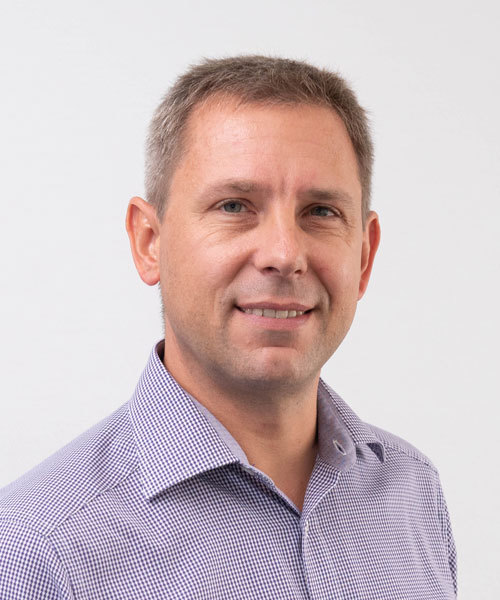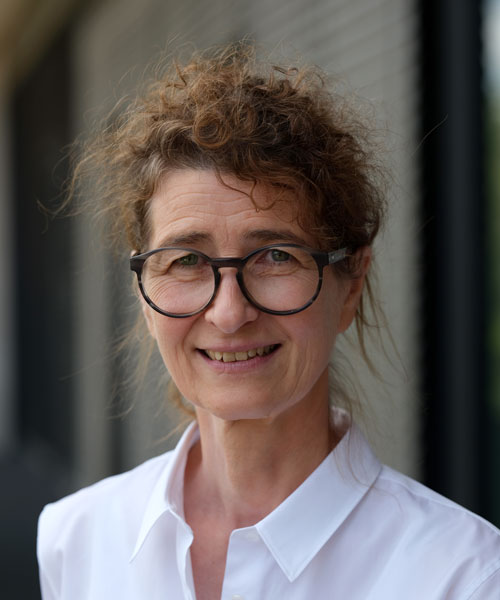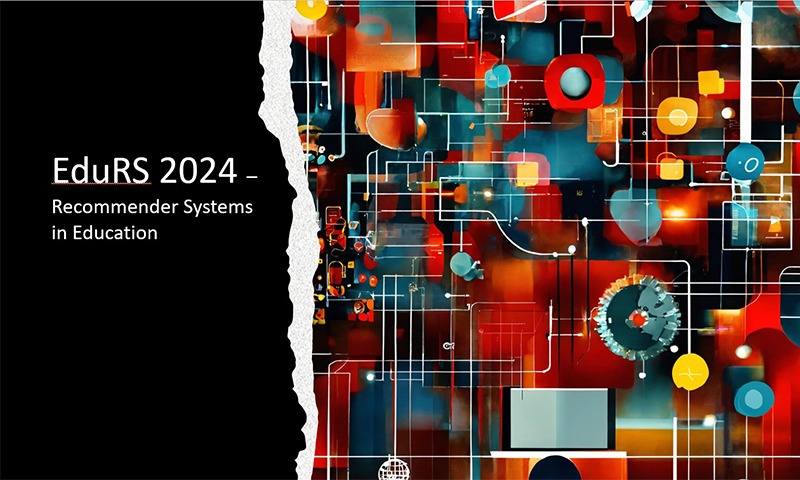News
Workshop on Recommender Systems
[05.09.2024]Deadline extended!!! The CATALPA project AI.EDU 2.0 invites you to a workshop at the DELFI Conference on Educational Technologies (September 9-11, 2024 in Fulda). The focus is on recommender systems in the context of higher education. Deadline for the Call for Participation is now July 31st, 2024.
The Agenda for the Workshop is now final and can be found here.
 Image: Lexica (KI-generated)
Image: Lexica (KI-generated)
Topic
While recommender systems in general are used to suggest items of interest to users in a wide variety of domains, each domain presents its own specific challenge. Recently there has been growing interest in recommender systems in educational settings. In this context recommender systems have been used to e.g., recommend different resources, activities or content related to learning, recommend learning sequences or paths, learning partners or even courses, curricula as well as educational institutions to different stakeholders.
Increased research into the application of such systems in higher education, ethical considerations, and increased interest in complementary technologies such as large language models have the potential to improve the quality of available systems. In turn, these developments may improve the ability of recommender systems in higher education to support students in particular, allowing for more informed decisions about e.g. what resources to use or activities to engage in next, facilitating learner agency in the process.
Description
EduRS 2024 – Recommender Systems in Education: Enhancing Higher Education for Personalized and Long-Life Learning delves into the critical role of technology in enhancing transparency and traceability in educational content and pathways. This workshop is designed to foster a deeper understanding of how recommender systems, that are powered by large language models and AI, can be strategically integrated into the open education ecosystem to provide personalized, adaptive learning experiences for every learner.
Workshop Themes and Topics: EduRS 2024 will feature a variety of sessions, including presentations, panel discussions, and hands-on workshops that cover but not limit to:
- Theoretical algorithms, models, frameworks, for recommender systems in education.
- Performance, implementations, and evaluation methodology of recommender systems.
- Innovations in large language models that enhance the accuracy and effectiveness of recommendations.
- New applications and challenges of traditional recommender systems, e.g., knowledge-based, multi-criteria and cross-domain recommendations.
- Case studies highlighting successful implementations of personalized learningenvironments.
- Privacy, bias, fairness, and ethical considerations and challenges in the application of AI in education.
- Techniques for integrating recommender systems into existing educational platforms and curriculums.
- Use of recommendations to support learning processes.
- Building trustworthiness and transparency into the design of recommender systems.
Agenda
| 09.30 - 09.40 | Introduction to the Workshop |
| 09.40 - 10.00 | Enhancing Chatbot-Assisted Study Program Orientation Thilo Dieing, Marc Scheffler & Lea Cohausz |
| 10.00 - 10.20 | Developing a Personalized Study Program Recommender Marc Scheffler, Thilo Dieing & Lea Cohausz |
| 10.20 - 10.40 | Recommender Systems for Vocational Training and Education: Insights from Germany’s "Innovationswettbewerb INVITE" Program Sheikh Faisal Rashid, Insa Reichow & Berit Blanc |
| 10.40 - 11.00 | Open Discussion |
| 11.00 - 11.30 | Break |
| 11.30 - 11.50 | Our recommendation: Surprisal. A recommender system with information theory for e-learning Michael Richter & Amit Kirschenbaum |
| 11.50 - 12.10 | KaggleGPT: Prompt-based Recommender System for Efficient Dataset Discovery Rahul Rajkumar Bhoyar, Xia Wang & Nghia Duong-Trung |
| 12.10 - 12.30 | Open Discussion |
Workshop Format: EduRS 2024 combines the classic 'mini-conferences' approach with technology showroom and working group meetings around a specific problem. Authors present their work (8-10 min) followed questions (5-7 min).
Organisers
 Foto: Jan Kopankiewicz Foto: Jan KopankiewiczNiels Pinkwart, DFKI |  Foto: FernUniversität Foto: FernUniversitätClaudia de Witt, FernUniversität in Hagen, CATALPA |  Foto: Privat Foto: PrivatXia Wang, DFKI |
 Foto: Privat Foto: PrivatNghia Duong-Trung, DFKI |  Foto: Hardy Welsch Foto: Hardy WelschSilke Wrede, FernUniversität in Hagen, CATALPA |  Foto: Henrik Schipper Foto: Henrik SchipperLars van Rijn, FernUniversität in Hagen, CATALPA |



